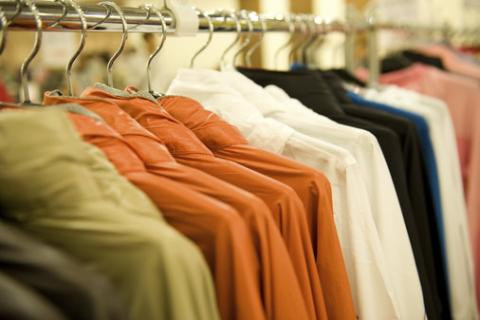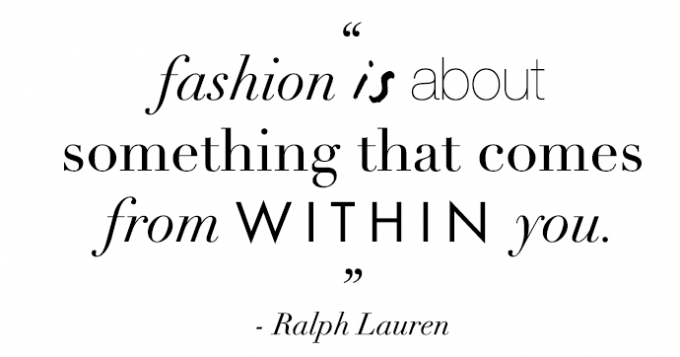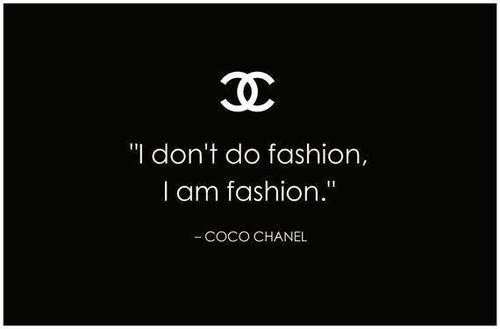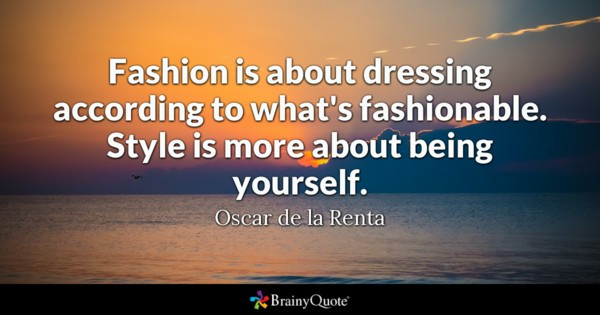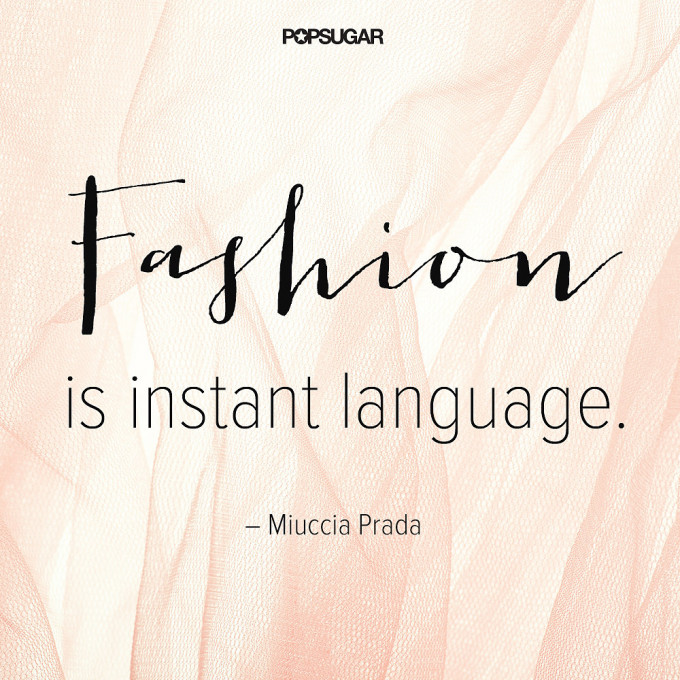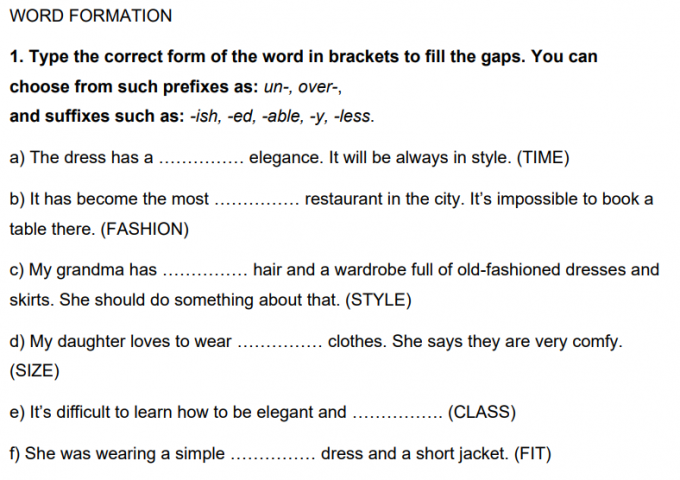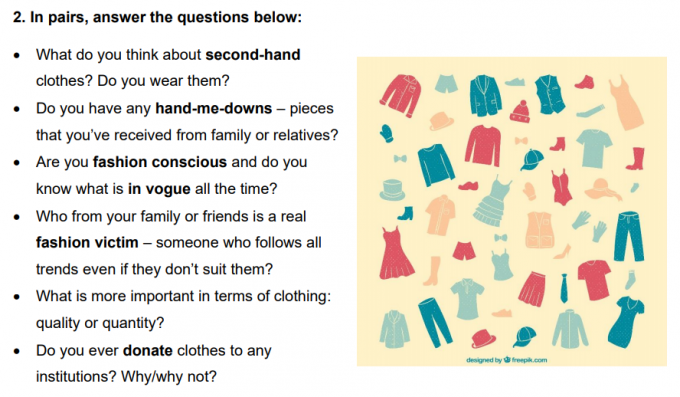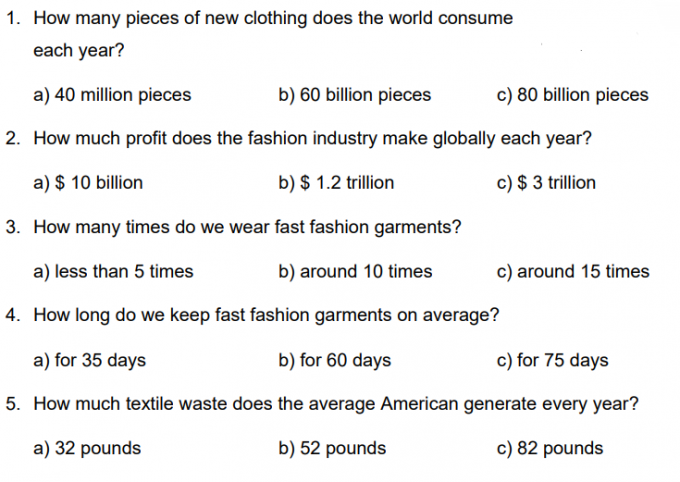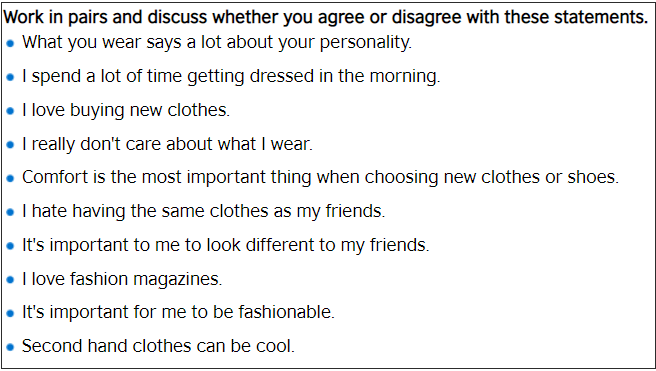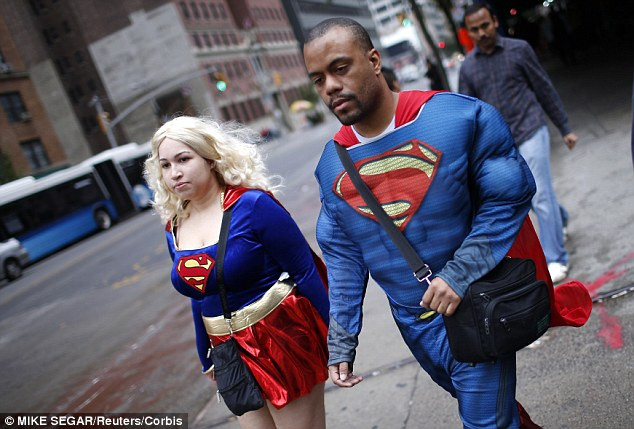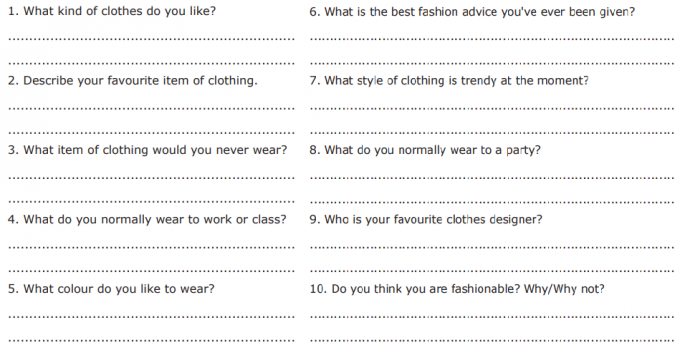1. How do you understand these quotes?
2. Do you agree or not? Why/ Why not?
1. Which period of fashion do you like most and why?
2. Would you like to live in that era and dress like that?
3. Сould you dress up so now and walk along the streets?
4. Do you think it is important to be in fashion?
5. What fashions that you see today do you think will be out of fashion within two years?
Read the quiz and tick your answers
Watch and check!
Discuss:
1. How often do you think about the social, human and environmental cost of fast fashion? Are you concerned with the figures presented in the video?
2. How can we change people’s mindset so that they stop buying so many clothes?
Many psychological factors help explain what motivates us to be fashionable. These include conformity, desires for variety seeking, the need to express personal creativity, and sexual attraction. For example, many consumers seem to have a need for uniqueness: They want to be different (though not necessarily too different!). As a result, people may conform to the basic outlines of a fashion, but still improvise to make a personal statement within these general guidelines.
Numerous studies have looked at how variations in clothing influence observers’ responses. For example, one study found that men tended to leave higher tips for waitresses who wore red tops. The “dress for success” phenomenon illustrates the widespread belief that appearance directly impacts the way people are treated.

Discuss
Interview each other about clothes and fashion. Find someone with whom you have similar views on fashion and style.
